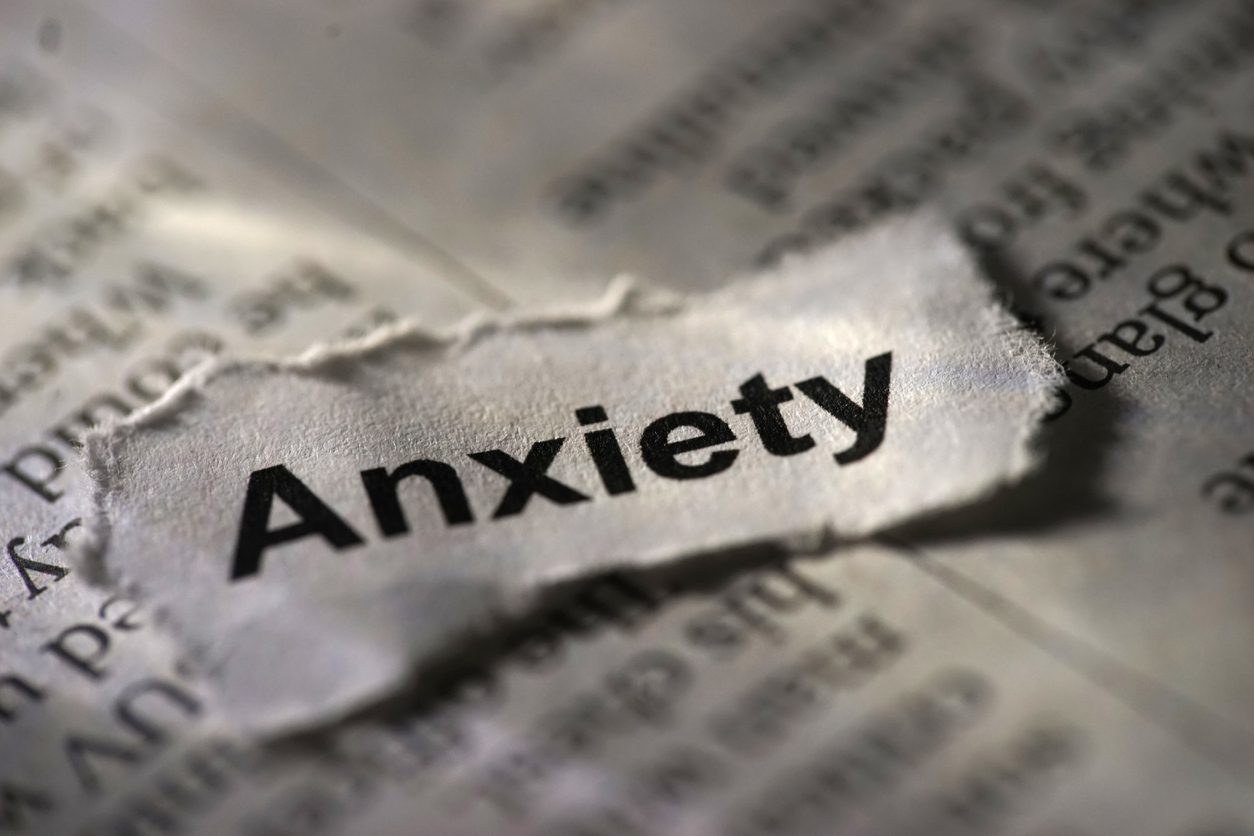Guardian featured Harley Street IBS & Autoimmune Clinic addresses the underlying issues, not just the symptoms in the treatment for anxiety.
Experiencing occasional anxiety is a normal part of life and when we are well and healthy we are able to switch back from feeling anxious to feeling at ease fairly quickly.
However, people with anxiety disorders frequently have intense, excessive or persistent worry and fear about everyday situations, or about specific things. A kind of background anxiety for no obvious reason. So when any stress is encountered in addition to this background anxiety, the person can often feel overwhelmed and that is understandable.
Often, anxiety disorders involve repeated episodes of sudden feelings of intense anxiety and fear or terror that reach a peak within minutes – panic attacks.
These feelings of anxiety and panic interfere with daily activities, are difficult to control, are out of proportion to the actual danger and can last a long time. You may avoid places or situations to prevent these feelings. Symptoms may start during childhood or the teen years and continue into adulthood. Sometimes it appears later in life. We take a full case history in our treatment for anxiety.
Examples of anxiety disorders include generalised anxiety disorder, social anxiety disorder (social phobia), specific phobias and separation anxiety disorder. You can have more than one anxiety disorder. Often anxiety is caused by an underlying issue, which needs to be diagnosed and addressed.
Symptoms of Anxiety
Common anxiety signs and symptoms include:
• Feeling nervous, restless or tense
• Having a sense of impending danger, panic or doom
• Having an increased heart rate
• Breathing rapidly (hyperventilation)
• Sweating
• Trembling
• Feeling weak or tired
• Trouble concentrating or thinking about anything other than the present worry
• Having trouble sleeping
• Experiencing gastrointestinal (GI) problems
• Having difficulty controlling worry
• Having the urge to avoid things that trigger anxiety
Causes
Life experiences such as traumatic events appear to trigger anxiety disorders in people who are already prone to anxiety. Inherited traits also can be a factor, as can societal pressures and the incredibly fast pace of this digital age. Due to the gut brain connection there are also considerations of inflammation and gut health when considering anxiety.
At Harley Street IBS & Autoimmune clinic, we will take all factors into consideration and create a tailored treatment for anxiety to met each patient’s unique needs. We do not have a one size fits all approach.
References

